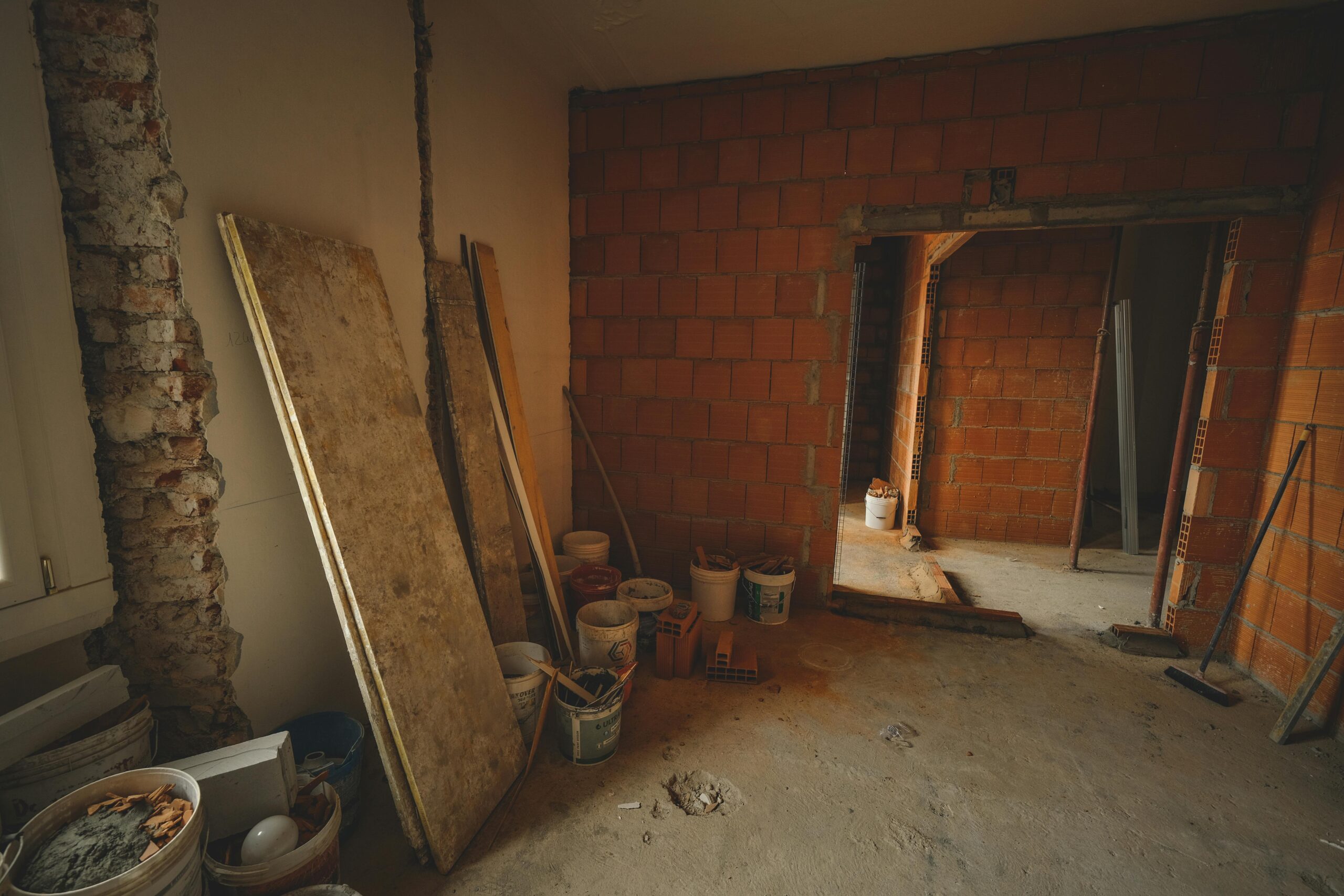Continued Push In U.S. To Reduce Pollution
Trash Contributes to Myriad Negative Affects We’ve all heard or seen the public service announcements urging us to dispose of trash or garbage correctly and responsibly. Despite those PSAs it’s all to common to see discarded trash on a sidewalk only a few feet away from a garbage can. It seems some of us can’t …

Trash Contributes to Myriad Negative Affects
We’ve all heard or seen the public service announcements urging us to dispose of trash or garbage correctly and responsibly. Despite those PSAs it’s all to common to see discarded trash on a sidewalk only a few feet away from a garbage can. It seems some of us can’t be bothered to take the extra seconds and steps and throw our trash away properly. Government agencies like the Environmental Protection Agency (EPA) routinely stress the need to keep the environment clean and in the case of government regulations, enforce those strictures. Aside from that the EPA publishes material on its website that explains the effects of trash in many areas. Notably, improperly disposed of trash has a deleterious affect on aquatic environments like rivers and oceans. Indeed, rivers run into oceans so if an article doesn’t end up in or at the bottom of a river, odds are it will eventually make its way to an ocean.
From the EPA website:Habitat alteration is caused by trash and debris in rivers and oceanic convergence (accumulation) zones, on beaches, and submerged benthic (at and near the bottom of rivers and oceans) habitats. As debris accumulates, habitat structure may be modified, light levels may be reduced in underlying waters, and oxygen levels may be depleted. These changes can undermine the ability of open water and benthic habitats to support aquatic life.
Visual Pollution and Unintended Consequences
The British organization Unisan writes on their website about the affects of visual pollution. As they point out litter (incorrectly disposed of garbage) quite simply looks bad. It makes an area less desirable for living, working, playing or hiking. It also may attract animals, some of which may either carry disease or be dangerous to humans. Junk disposed of in some arbitrary area can also collect germs which in turn can sicken animals exposed to them and potentially humans.
One more unintended consequence of litter is an increase in crime. IF you recall when Rudy Giuliani was mayor of New York City, he implemented what came to be known as “broken window policing.” The theory behind it was that an area which had a lot of broken, unfixed windows meant that either no one was around that area to fix them or that those there didn’t care. In either case it was a green light for criminals to occupy the area knowing that they were relatively safe in those areas. The same is true for areas with an excess of trash or litter on the ground. Discarded mattresses or furniture that linger are also a signal to those who commit crimes that the area is a possible haven for them.
While Municipalities work on reduction of waste materials, larger, big-ticket items like washing machines or freezers don’t get addressed by civic drives to reduce pollution or litter because they are bulky items. If more residents of local communities (such as Los Angeles and its San Fernando Valley) understood the connection between disposing of junk improperly and crime they might decide its better to hire a junk removal service rather than the clandestine alternative. Unfortunately it may take an increase in crime and someone’s personal experience with it to get them to change their mind.




